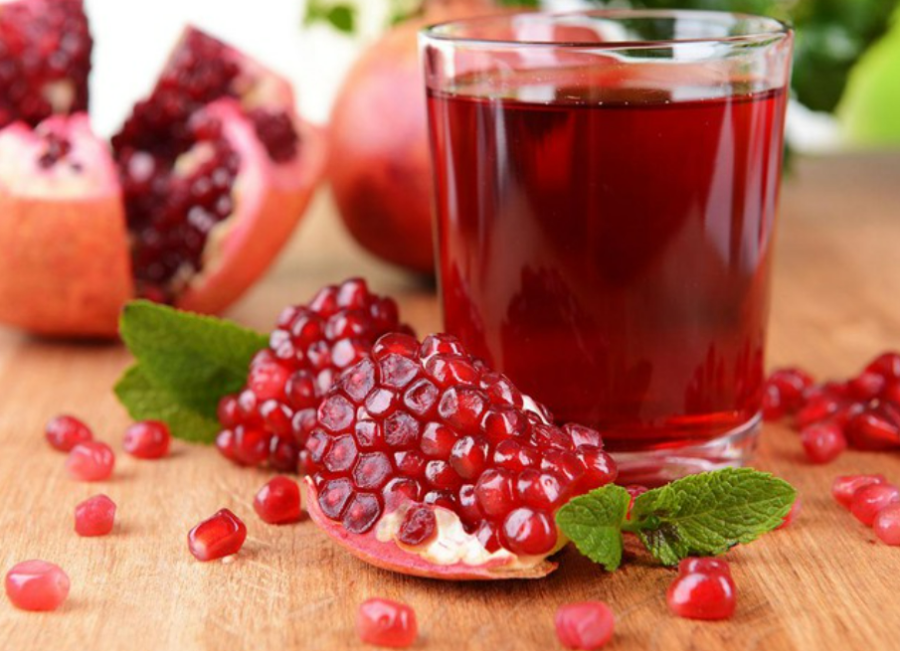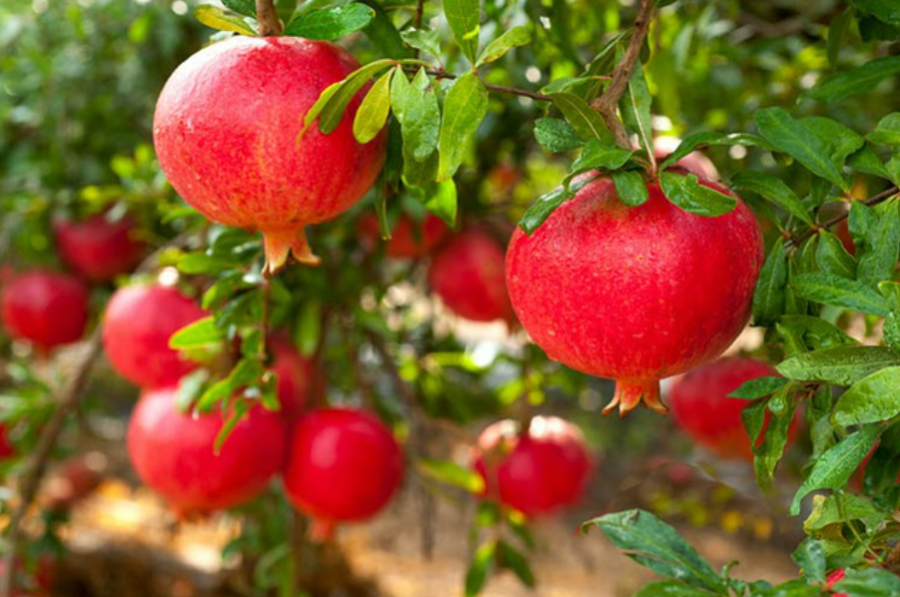Pomegranates are a nutritious fruit with antibacterial, antioxidant, and effective deworming properties. However, there have been cases where children have suffered intestinal obstructions from consuming too many pomegranate seeds.
According to VTC News, parents should refrain from giving young children pomegranate seeds to prevent choking and intestinal blockages. Instead, it is recommended to extract the juice and serve it to children.
Adults can consume the seeds, but it is essential to chew them thoroughly before swallowing.
Pomegranate juice is rich in amino acids and trace elements, aiding digestion, preventing ulcers, softening blood vessels, regulating blood pressure and blood sugar levels, and reducing cholesterol.
Nevertheless, not everyone can indulge in this fruit without caution.
Individuals with stomach inflammation, dental issues, the flu, or diabetes should refrain from consuming pomegranates. Excessive consumption by children can lead to internal heat, and those with diabetes should also exercise moderation.
In traditional Chinese medicine, the pomegranate rind is sour, astringent, and warm in nature, making it a potential remedy for various ailments.
All parts of the pomegranate tree are usable as medicine, preferably fresh, but if dried, they must be soaked for a few hours to regain their original properties.

According to Thanh Niên, pomegranates are not only delicious but also offer numerous health benefits:
Rich in Antioxidants: Nutritionist Roxana Ehsani states that “237 ml of pomegranate juice contains approximately 700 mg of polyphenol antioxidants.” Pomegranate juice also boasts higher antioxidant content than red wine, grape juice, or green tea.
Lexi Moriarty, a fellow nutritionist, adds that in addition to cancer and heart disease prevention, antioxidant-rich foods like pomegranates enhance skin, brain, and eye health.
Source of Fiber and Polyphenols: Pomegranates are also a good source of fiber. According to the Academy of Nutrition and Dietetics, 240 grams of pomegranate provides about 7 grams of fiber, meeting the daily fiber needs of adults.
Ehsani emphasizes that fiber is an essential nutrient for digestive health and blood sugar control.
Additionally, nutritionist Kim Kulp reveals that polyphenols in pomegranates act as prebiotics, nourishing beneficial bacteria in the body. These good bacteria in the gut absorb polyphenols from the fruit, improving gut mucosa and reducing inflammation that could lead to disease.
Cardiovascular Benefits: Pomegranates increase HDL (good) cholesterol, lower LDL (bad) cholesterol, and reduce blood pressure. Drinking pomegranate juice can also improve blood flow and alleviate angina, according to Kulp.
Furthermore, pomegranates promote arterial health by preventing plaque buildup and reducing the risk of atherosclerosis.

Cindy Chou, a nutritionist, affirms that pomegranates can decrease the risk of cardiovascular diseases and exhibit anti-inflammatory properties.
Enhanced Exercise Performance: Both Ehsani and Moriarty agree that pomegranates can boost exercise performance.
Pomegranate juice supports the body during athletic activities and aids in post-workout recovery.
Blood Sugar Control: Kulp advises that diabetics consult their doctors about specific dietary restrictions. Nonetheless, in most cases, diabetics can consume pomegranates, as they help regulate blood sugar levels.
Studies on animals and humans have demonstrated that pomegranates can improve fasting blood sugar levels in diabetics.
According to the National Center for Complementary and Integrative Health, consuming pomegranate seeds and juice is generally safe. However, individuals sensitive to fructans or taking medications should consult a physician before incorporating large amounts of pomegranates into their diet.



































